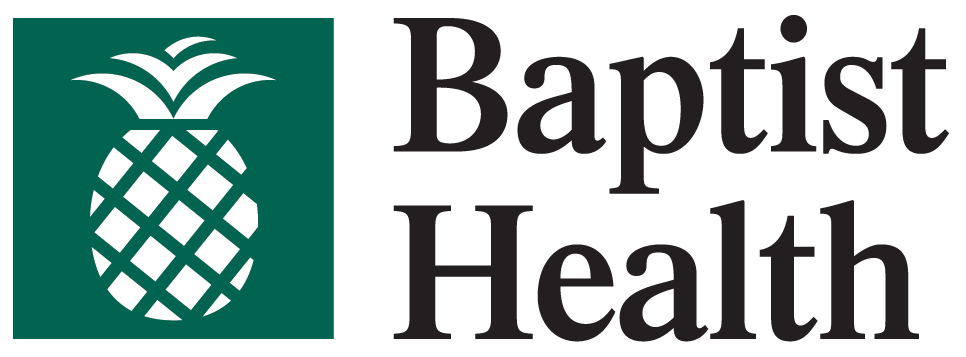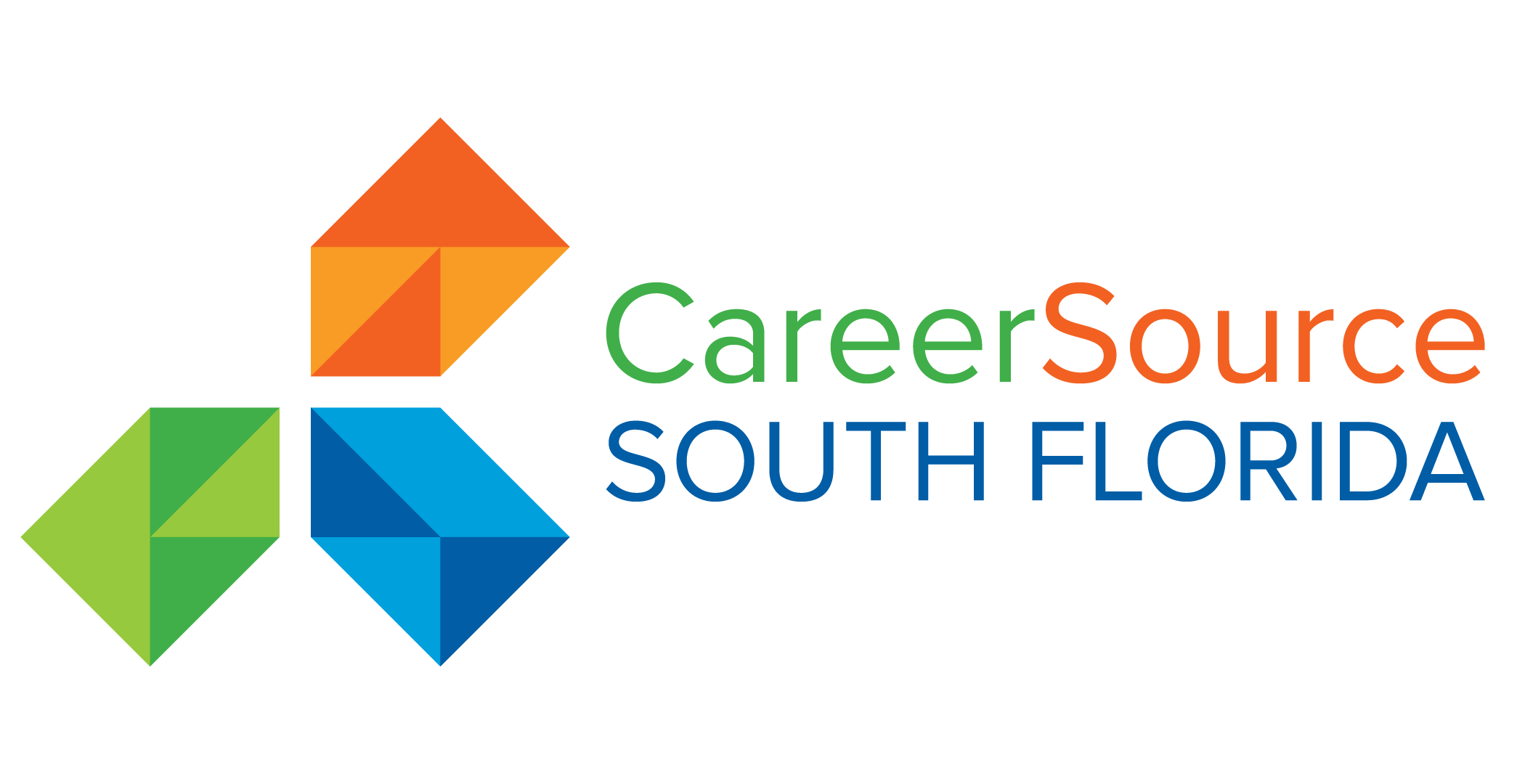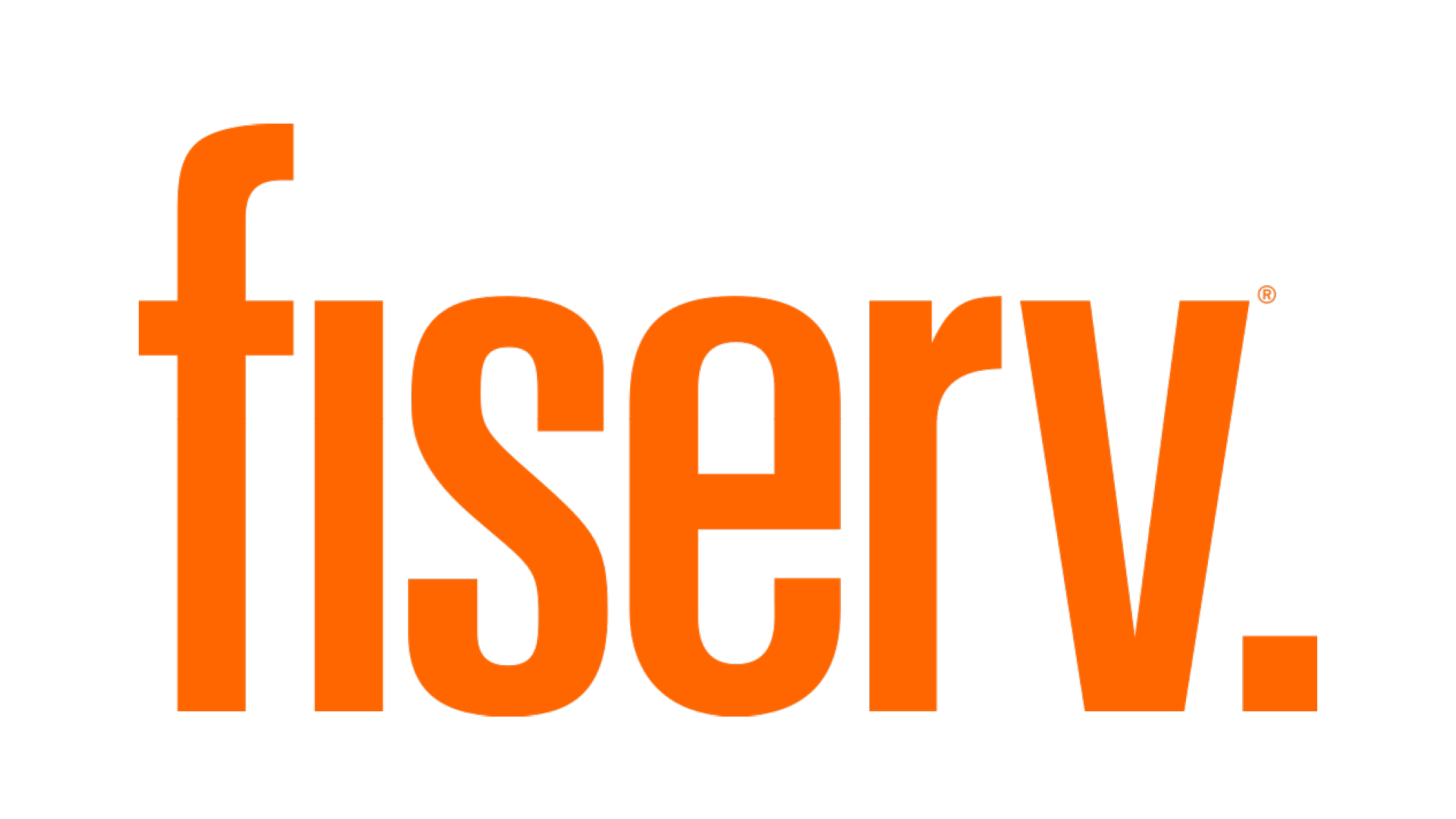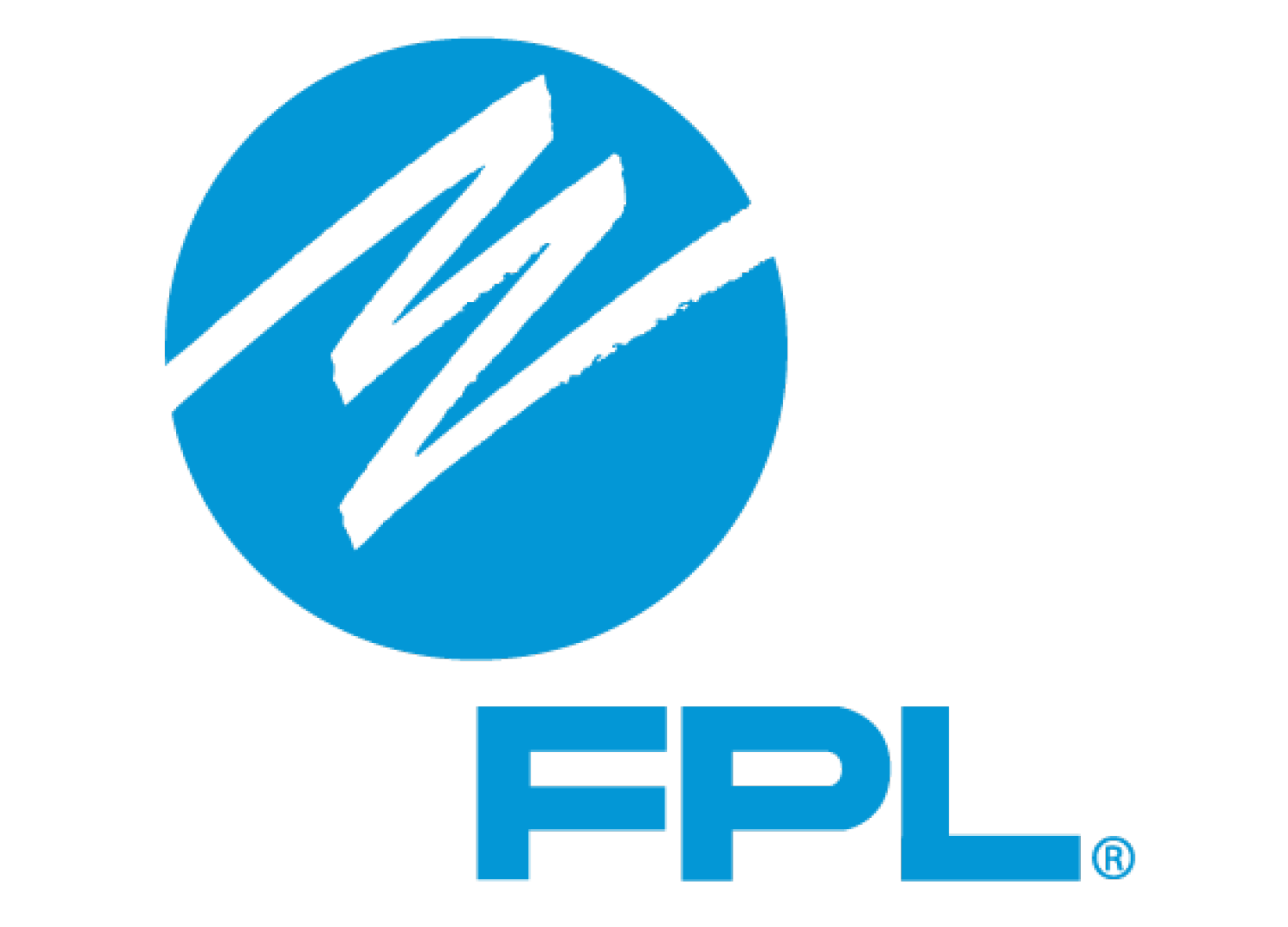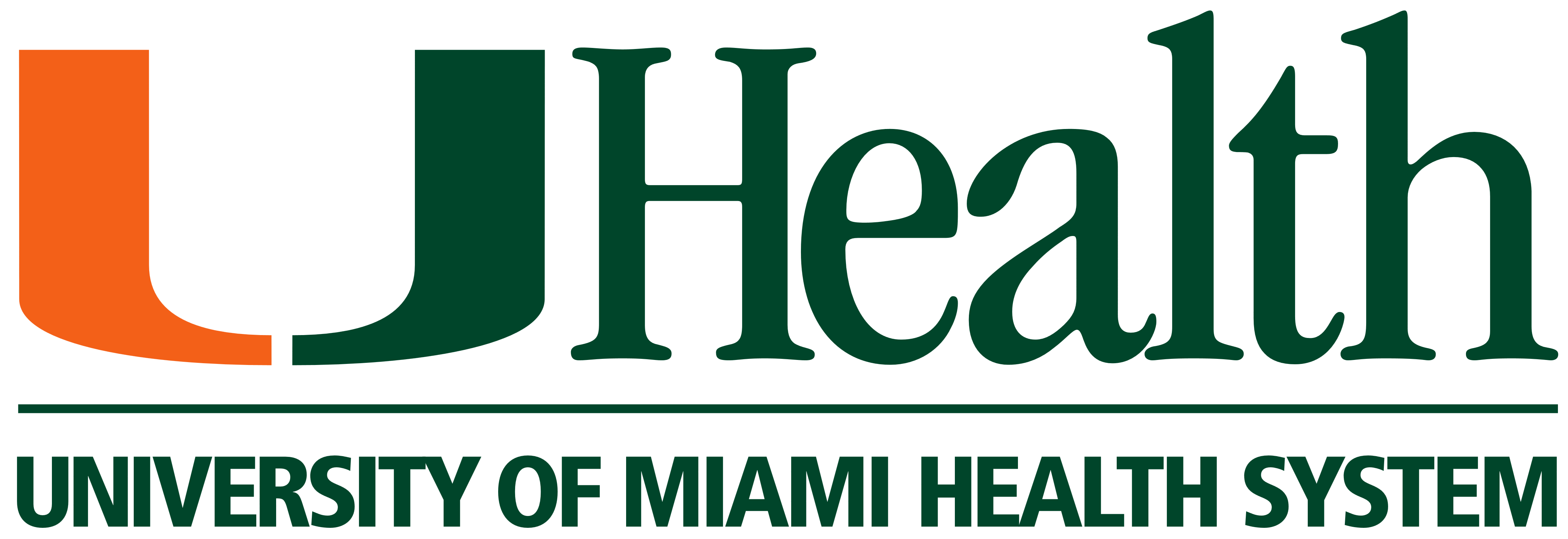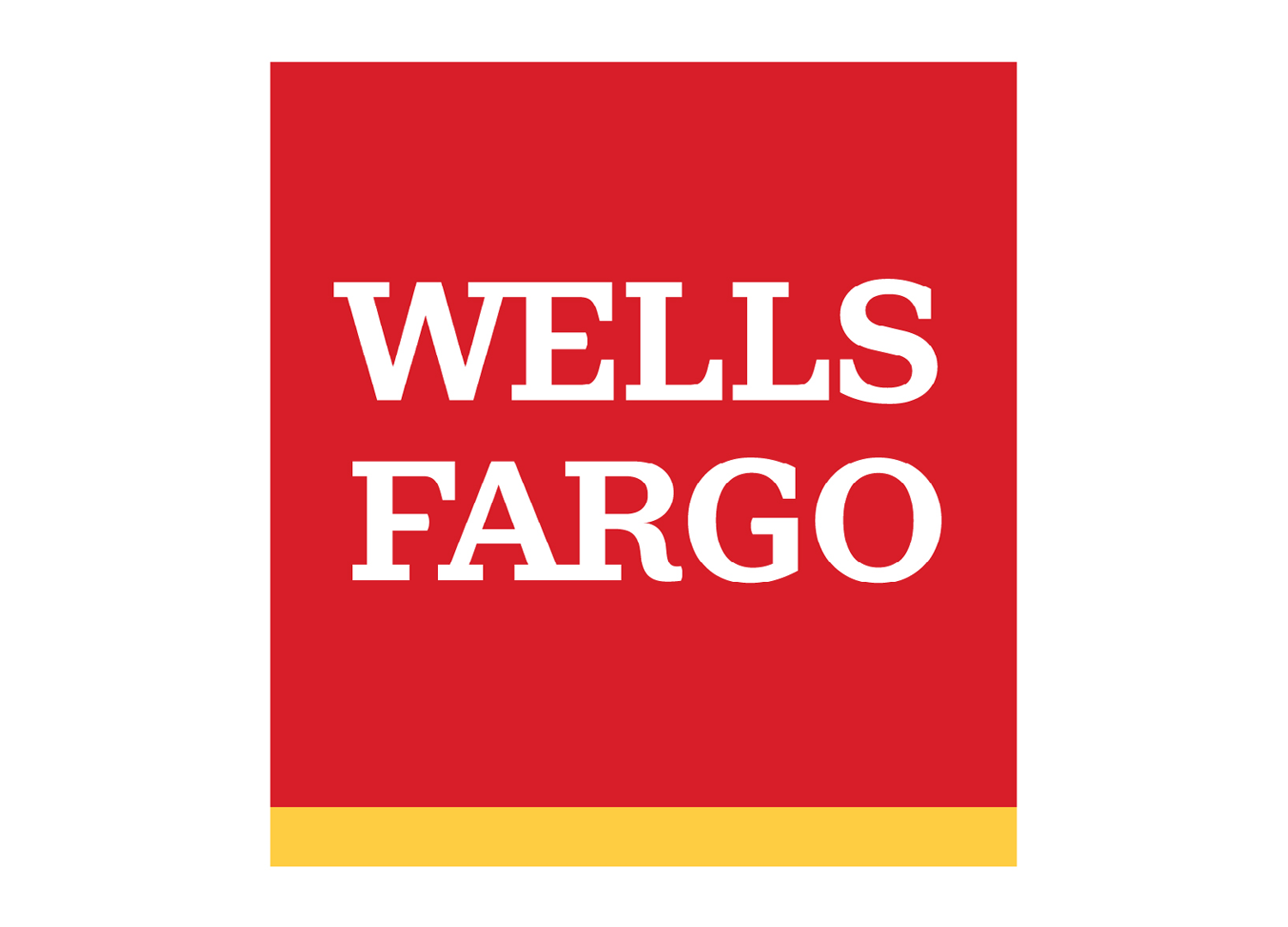|
On Thursday, September 9, 2021, President Biden announced sweeping mitigation measures aimed at addressing the Novel Coronavirus disease (“COVID-19”). Among other things, President Biden’s plan includes imposing requirements on certain employers vis-à-vis their employees. Specifically, the Department of Labor (“DOL”) has been tasked with promulgating an Emergency Rule that will require employers of a particular size to either mandate employee vaccination or impose regular testing requirements.
Although neither the proposed Emergency Rule nor regulatory guidance has been issued yet, the following details about employer obligations have been disclosed:
Though the Biden administration has issued Executive Orders and orally presented a summary of the aforementioned mitigation measures, there are several unanswered questions, such as:
We are continuing to monitor the situation closely and will provide updated information upon the issuance of federal guidance. We would be happy to help you navigate preparing a policy that addresses each of these issues, as they may be applicable to your operations. Please do not hesitate to reach out to the Weiss Serota Labor & Employment Division with any questions or concerns.
The information contained in this document does not constitute legal advice.4
|

